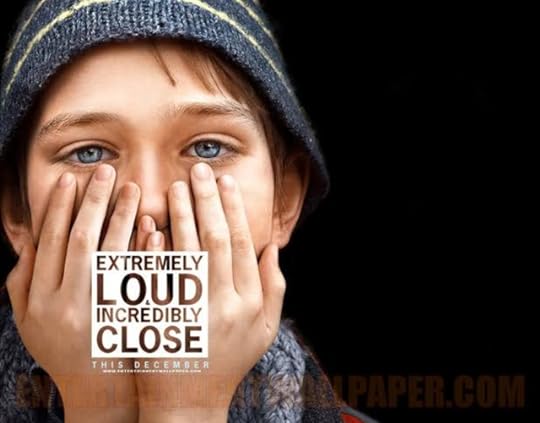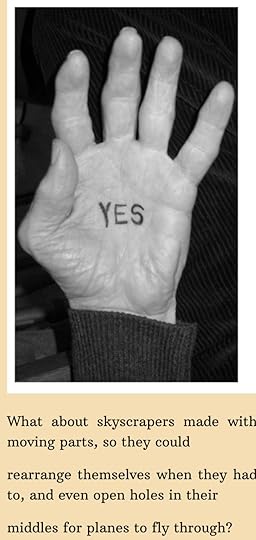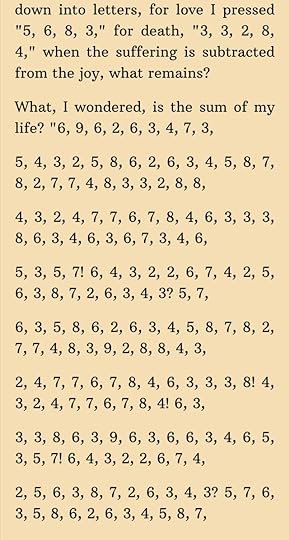What do you think?
Rate this book


424 pages, Paperback
First published January 1, 2005


















اگر خورشید منفجر شه تا ٨ دقیقه هیچ کس متوجه ماجرا نمیشه، چون ٨ دقیقه طول میکشه تا نور به ما برسه. تا ٨ دقیقه زمین همچنان روشن میمونه و گرماش رو حفظ میکنه. یه سال از مرگ بابا گذشته، احساس میکنم هشت دقیقهی من داره کمکم تموم میشه